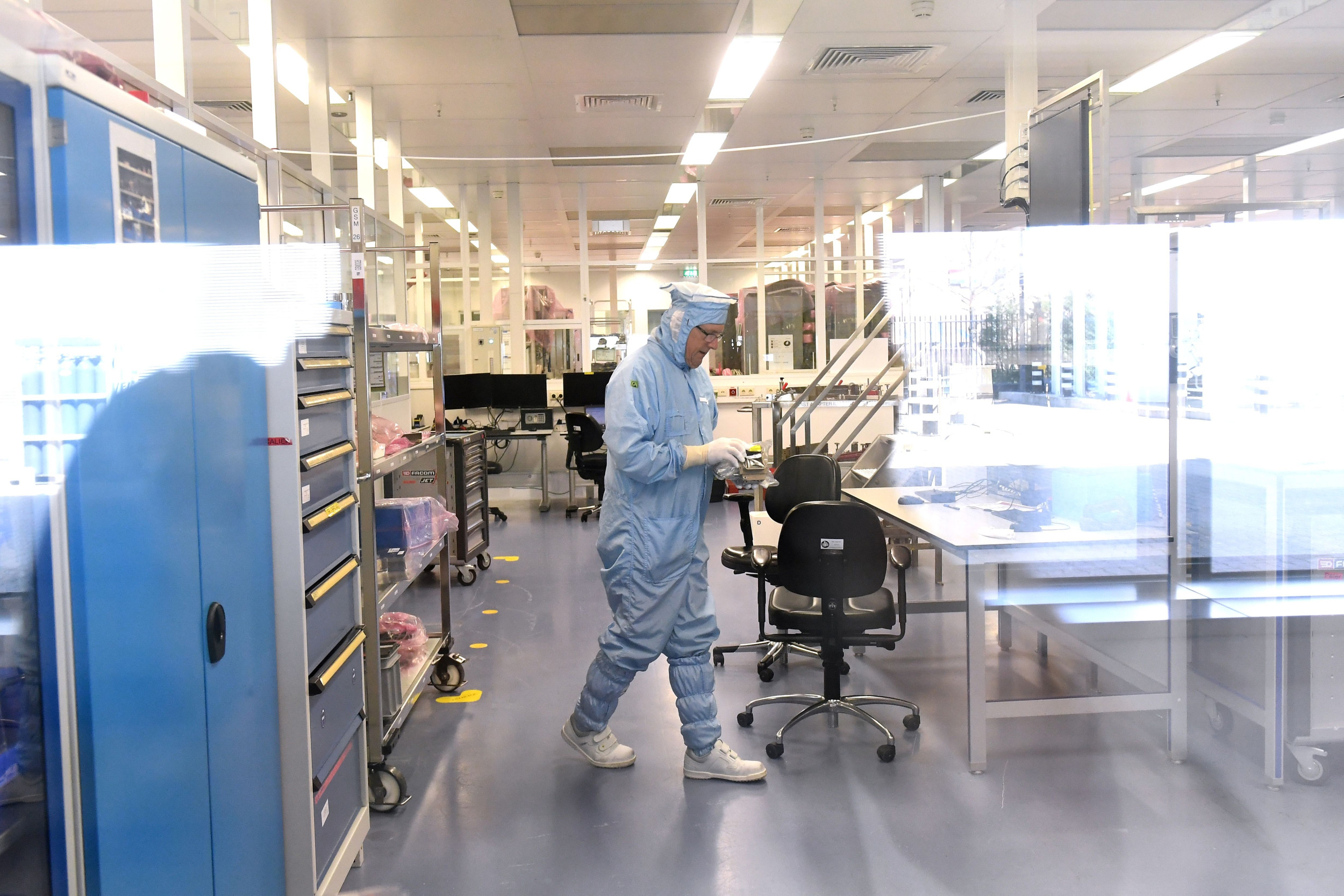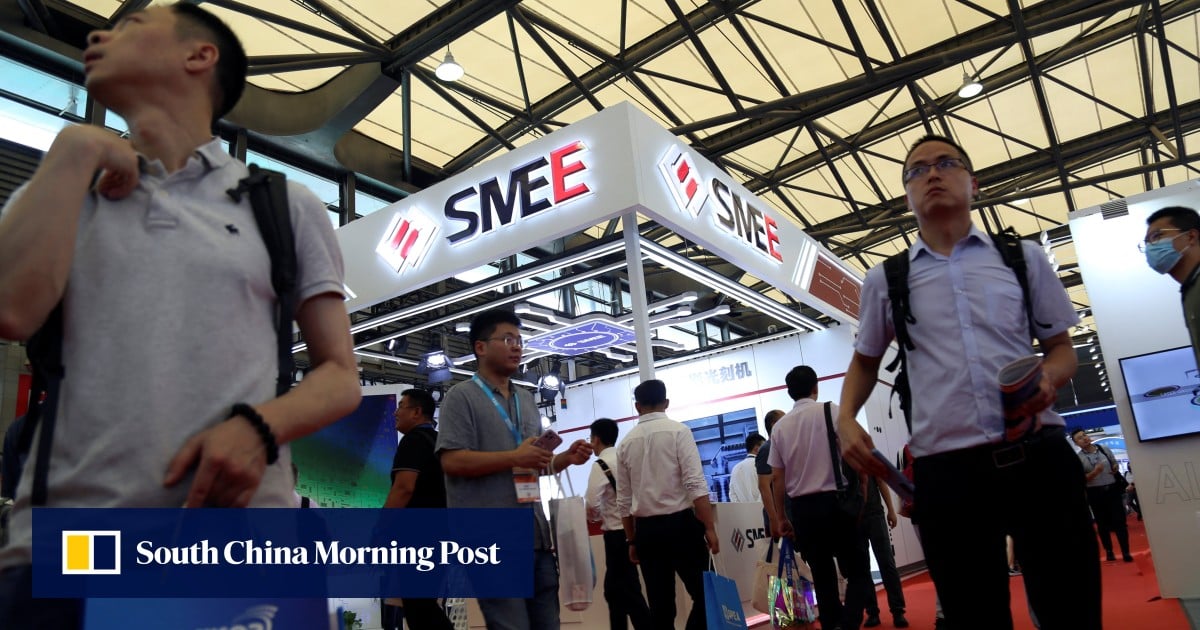I wonder if they see a silver lining though. China has seem dead set on being fully technologically self-reliant. The lack of sanctions wouldn't have had a huge impact on their efforts to copy DUV and EUV technologies. In some ways it would slow them down (less urgency), in some ways it would speed up the efforts (getting more experience with how EUV machines work, perhaps some aid to reverse engineering efforts). In the long term this isn't good for ASML. As soon as China has a competing technology they will massively subsidize their industry to drive out competitors, as we've seen them do in other areas. That is if they still have the economic power to do so a decade or two down the line.
Though, of course, CEOs understandably tend to focus on short term profits.. so maybe they don't care.
I'm not so sure actually. The Chinese model seems to be near a breaking point. If this was any other country their chip efforts would be considered insane. No chip company in a free market could survive making 7nm chips without a strong international market with healthy profit margins. How many chip industry bankruptcies can the country handle? This is all funded by a staggering amount of debt in a debt-model that we know with full certainty is completely unsustainable
If they don't have mountains of money to throw at this effort anymore, it won't be so easy to master cutting edge technology. Remember that SMIC was built in part by poaching TSMC talent. It's hard enough to recruit talent to China already (no option for a non-Chinese to build a life there long term). If they can't pay top dollar for talent it'll be even harder.
This story is illuminating:
https://theasymmetric.substack.com/p/china-ballpoint-pen-machine-tools
If they can't even build up a sustainable domestic economy around something as simple as a ballpoint pen tips, how will they build a completely self-reliant chip manufacturing economy? I think they will try, but I think there's a significant chance they'll break their own economy trying.
I think the main concern is in training of AI / machine learning. That's going to be a huge deciding factor in future conflicts. It's not so much about the capability of one specific chip. It's about the ability to produce a huge amount of chips at the very cutting edge for thousands of data centers.
If China can't build a healthy market for truly cutting edge chips, at massive scale, they're going to be at a significant disadvantage in that area. Their domestic market alone is not enough to sustain this effort long term, so they need to actually be at the cutting edge to build an international market too.


 www.newsweek.com
www.newsweek.com



